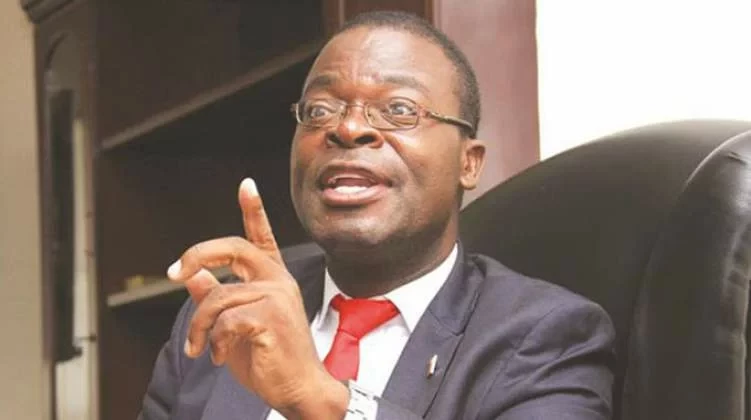
HIGHER and Tertiary Education minister Amon Murwira yesterday brushed off criticism of the new Heritage-based Curriculum, saying the module was long overdue.
Murwira made the remarks at the Zimbabwe International Trade Fair (ZITF) during the international business conference.
“Heritage-based Education 5.0 is an education that is designed to produce graduates with the capacity to produce goods and services by transcending teaching, research, community service, innovation industrialisation. (It is) a successor of Education 3.0, which was mainly focused on teaching, research and community service, which was a colonial design,” he said.
“Heritage-based Education 5.0 is designed for us to gain from our heritage, our minerals, water, animals, plants, people. This is where we will get our wealth from.”
The new curriculum replaces the controversial Continuous Assessment Learning Activities, which was introduced in 2021, but struggled to gain traction due to resistance until it was abandoned early this year.
In a circular dated April 22 addressed to education departments, Primary and Secondary Education secretary Moses Mhike said the new curriculum was meant to produce patriotic students.
However, educators have said they were not consulted about the curriculum, describing it as highly politicised.
Speaking at the same event, Industry minister Mangaliso Ndlovu said government was in the process of incentivising industries investing in research.
- Looming showdown between teachers, Govt
- In the groove: ‘Devera Ngwena’ resurfaces at GZU graduation ceremony
- Project tackles sexual rights at colleges
- Looming showdown between teachers, Govt
Keep Reading
Ndlovu was presenting a paper under the topic Strategic Investment and Policy Frameworks for Fostering Innovation-Driven Industrialisation Trade.
“Government recognises the importance of research and development by the private sector, in this regard it has taken several measures to incentivise businesses to invest in research and development and promote innovation in the country,” Ndlovu said.
“These measures include research and development funds, intellectual property protection, sector specific support, among others.”
Ndlovu said research was key in bridging the skills flight in various sectors of the economy.
“It is now public knowledge that while we are a highly literate country we are still lacking in some critical skills,” he said.
“We must prepare the existing workforce for the changing landscape by promoting a culture of lifelong continuous reading and skills development.”










